The martyr business in America is booming. It’s a growth industry, like yoga pants, prisons and celebrity nip-slip sites. Caterers, cake-makers, pizza shops, hobby stores and others are publicly throwing themselves on the righteous sword of spiritual indignation—but only when there are media cameras nearby to record their stirring sacrifice.
On Sunday, around 300 supporters gathered outside the jail where Kim Davis, the Kentucky clerk who refused to issue marriage licenses to same-sex couples, is being held. They waved signs like “Kim Davis for President” and “We Ought to Obey God Rather Than Men.” The crowd in itself is not newsworthy—you can get 300 people to support pretty much anything (in England’s 2001 census, almost 400,000 people stated their religious preference as Jedi). What makes this situation especially significant is that also offering their support to Davis were presidential candidates Mike Huckabee, Gov. Bobby Jindal, Gov. Scott Walker, Sen. Rand Paul and Sen. Ted Cruz. Cruz said, “Today, for the first time ever, the government arrested a Christian woman for living according to her faith… I stand with Kim Davis. Unequivocally.” Perhaps Sen. Cruz forgot all the black and white Christian women who were arrested during the Civil Rights era. And the Christian women suffragists arrested in support of voting rights. And the Christian lesbian women arrested in support of gay rights. All for their belief that God wanted all people to be treated equally.
Huckabee agreed with his colleague: “I thank God for Kim Davis, and I hope more Americans will stand with her.” Walker explained, “You have the freedom to practice religious beliefs out there. It’s a fundamental right.” I’m not sure where exactly “out there” is, but here in the U.S. you don’t have that right if it interferes with the fundamental legal rights of others, especially if you are a government employee. Jindal lauded Davis by saying that taking a stand as she did is “an important part of the American way.” He’s right. Using religion to justify bigotry, exploitation of the poor, religious persecution, and war is part of the American way, but it’s an inglorious part that we have worked hard with noble resolve to put in our past.
Americans have a long history of using religion to rationalize atrocious behavior. Confederate President Jefferson Davis echoed many Civil War Southerners when he validated slavery by claiming that it “was established by decree of Almighty God…it is sanctioned in the Bible, in both Testaments, from Genesis to Revelation.” The blight of racial segregation was explained through the story of Noah’s son, Ham, which mentions the “inferiority” of “dark-skinned peoples.” The biblical passage 1 Samuel 15:2-3 (“This is what the Lord Almighty says: ‘I will punish the Amalekites for what they did to Israel when they waylaid them as they came up from Egypt. Now go, attack the Amalekites and totally destroy all that belongs to them. Do not spare them; put to death men and women, children and infants, cattle and sheep, camels and donkeys.’”) has been used to vindicate attacks on Native Americans. Many biblical scholars have already shown that these interpretations are either misleading, incorrect or out of context, but that hasn’t stopped people from seeing what they want by whatever means they want.
Following this tradition in America, should the Kim Davises of the country be allowed to refuse marriage licenses to divorced people because Jesus spoke against divorce? Or deny licenses to interracial couples because of the story of Ham? Or stone rebellious children because of Deuteronomy? The reason we separate Church and State is because the Founding Fathers believed government should be guided by a balance of morality and reason, not blind religious faith. There are about 35 major Christian denominations in the U.S. Various denominations don’t always agree with each other on what the proper moral action is in the same situation. Then we add in all the other religions and belief systems in our country—all protected by the Constitution—and we see why we don’t go to any one religion to decide what should be legal. The Orthodox Jewish clerk at the DMV cannot deny you a driver’s license because you eat ham. The Muslim clerk at the Social Security office can’t deny you benefits because you drink liquor. The Christian Scientist clerk at the IRS cannot audit your taxes because you chose medical help. Practice your religion in freedom; just don’t make everyone else practice your religion.
See Scenes of Celebration After Supreme Court Gay Marriage Ruling
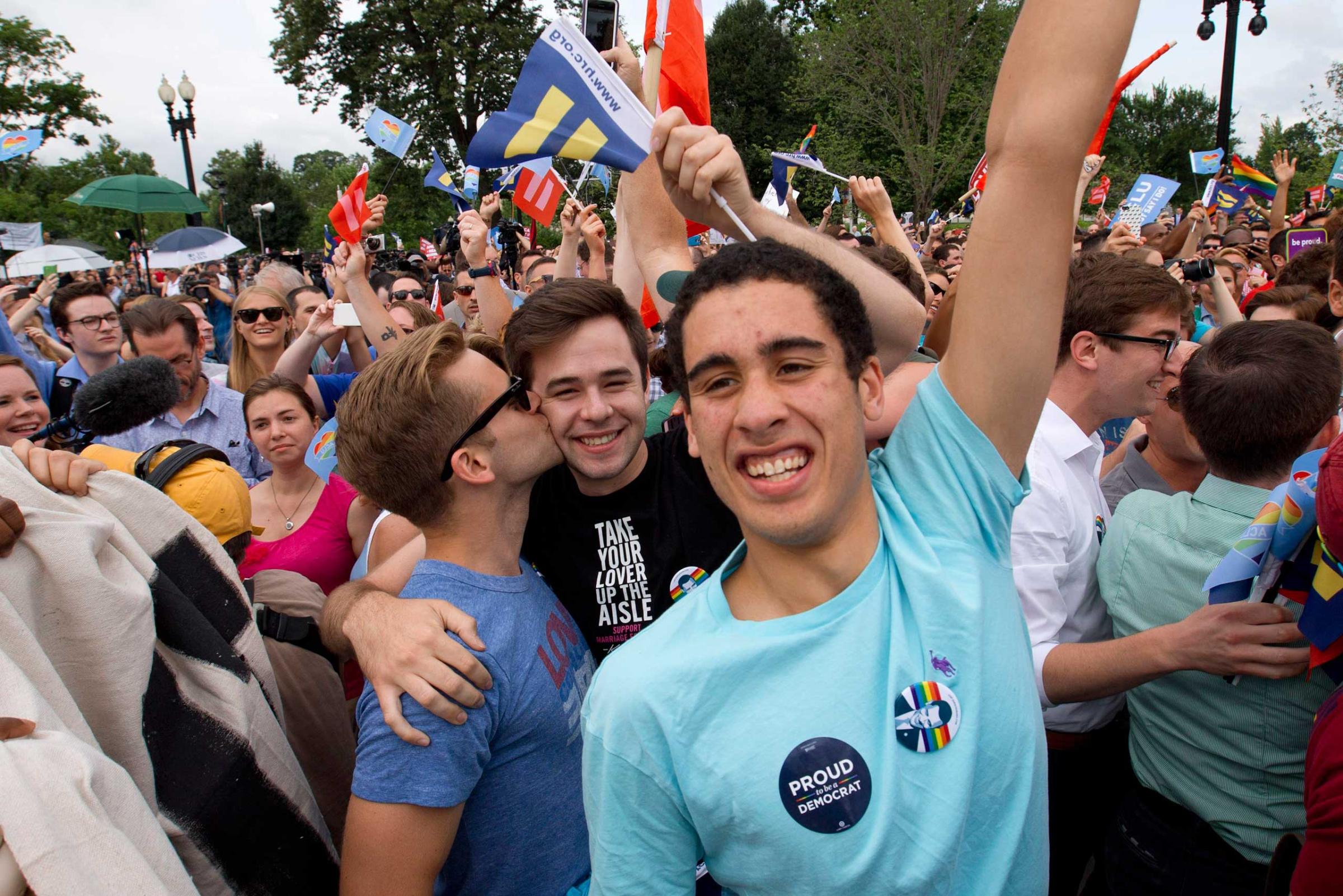
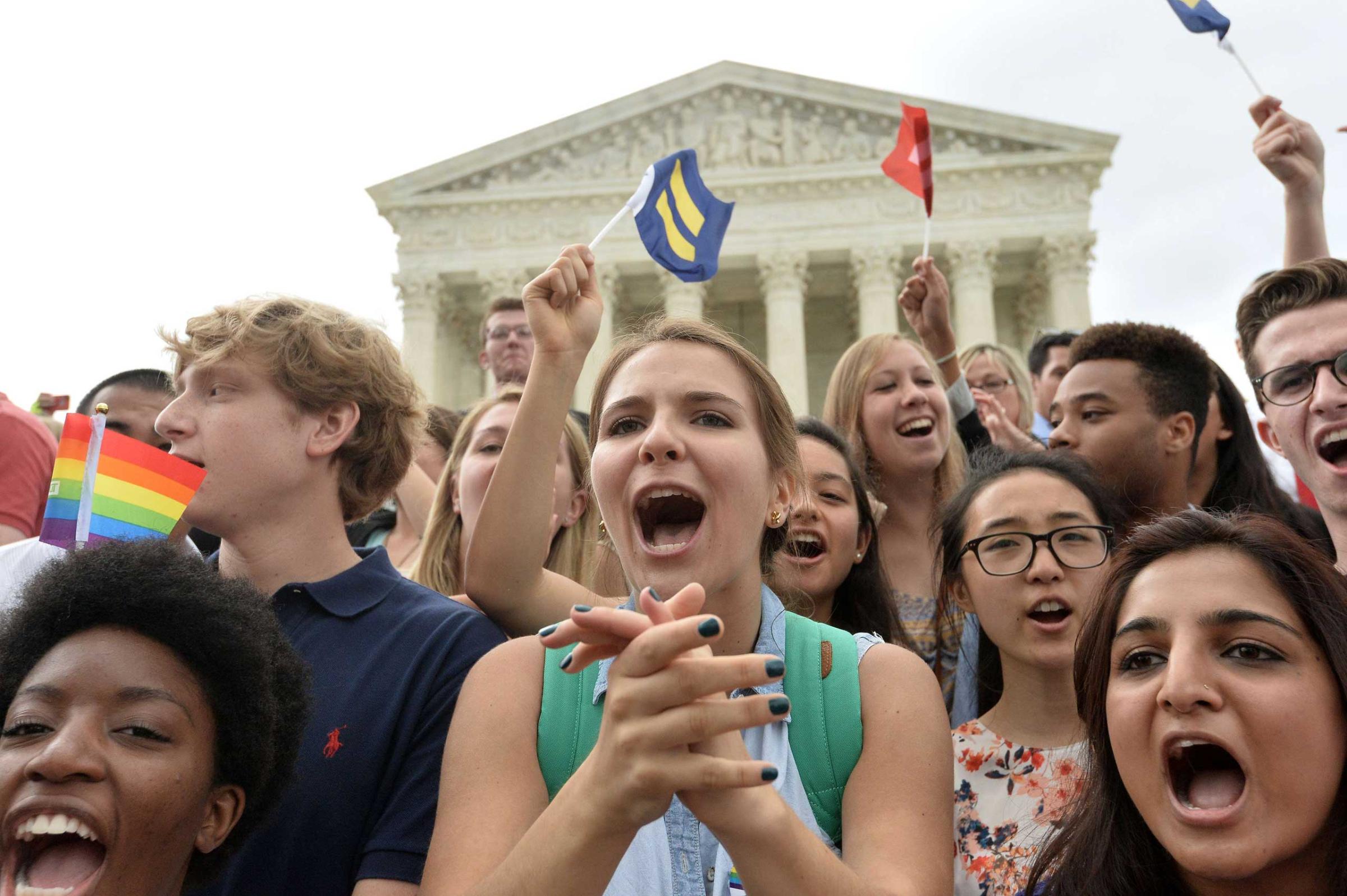
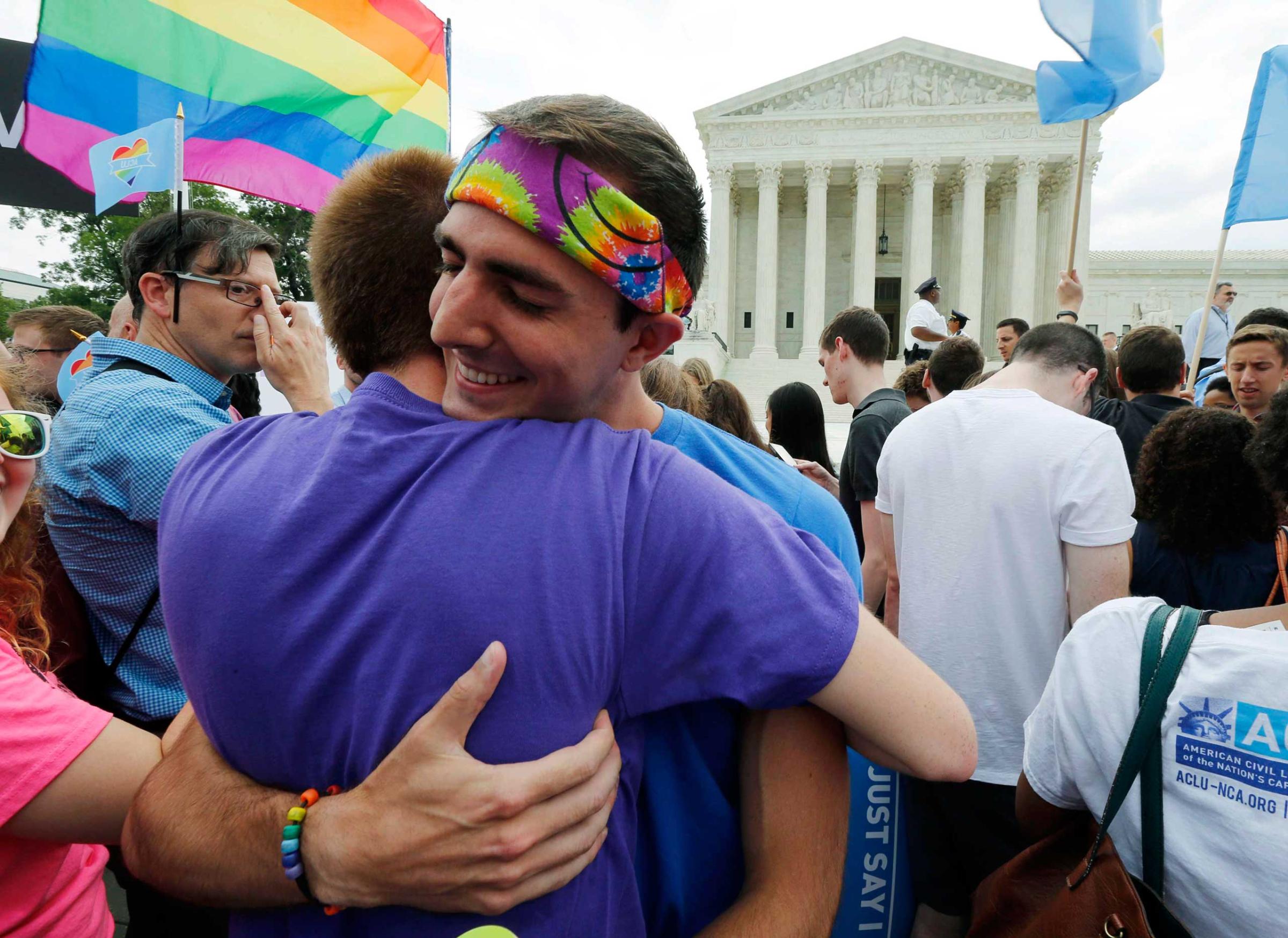
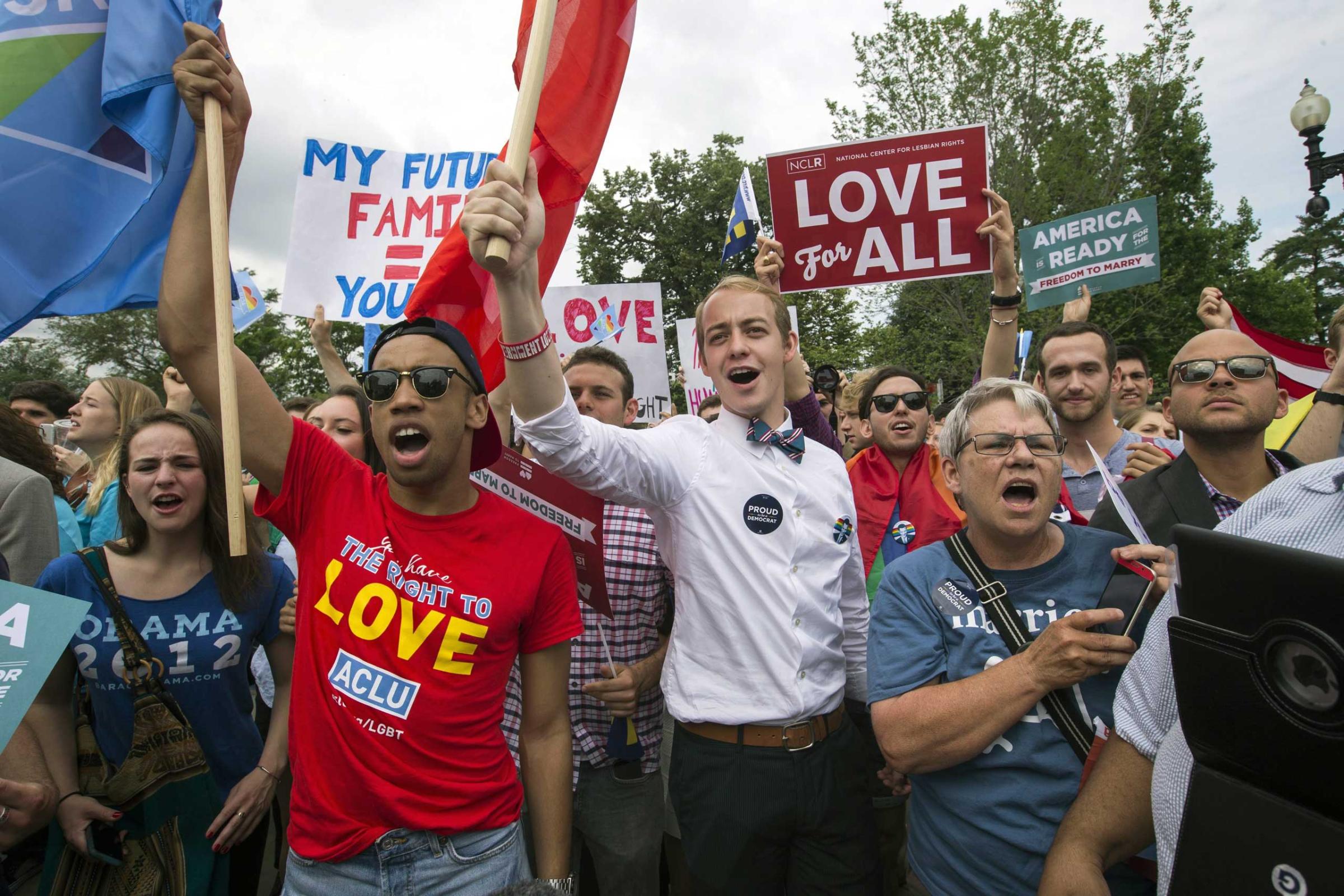
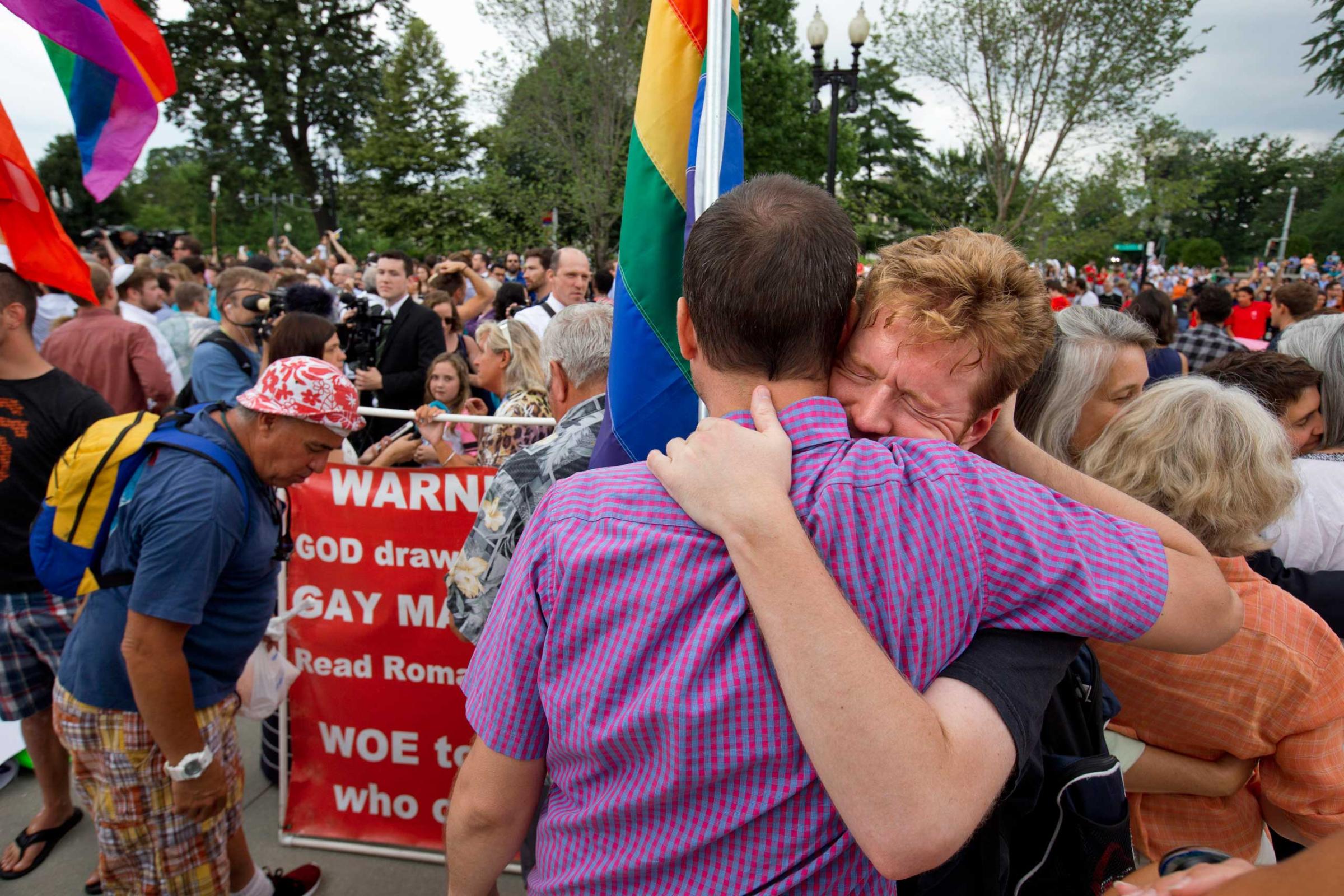
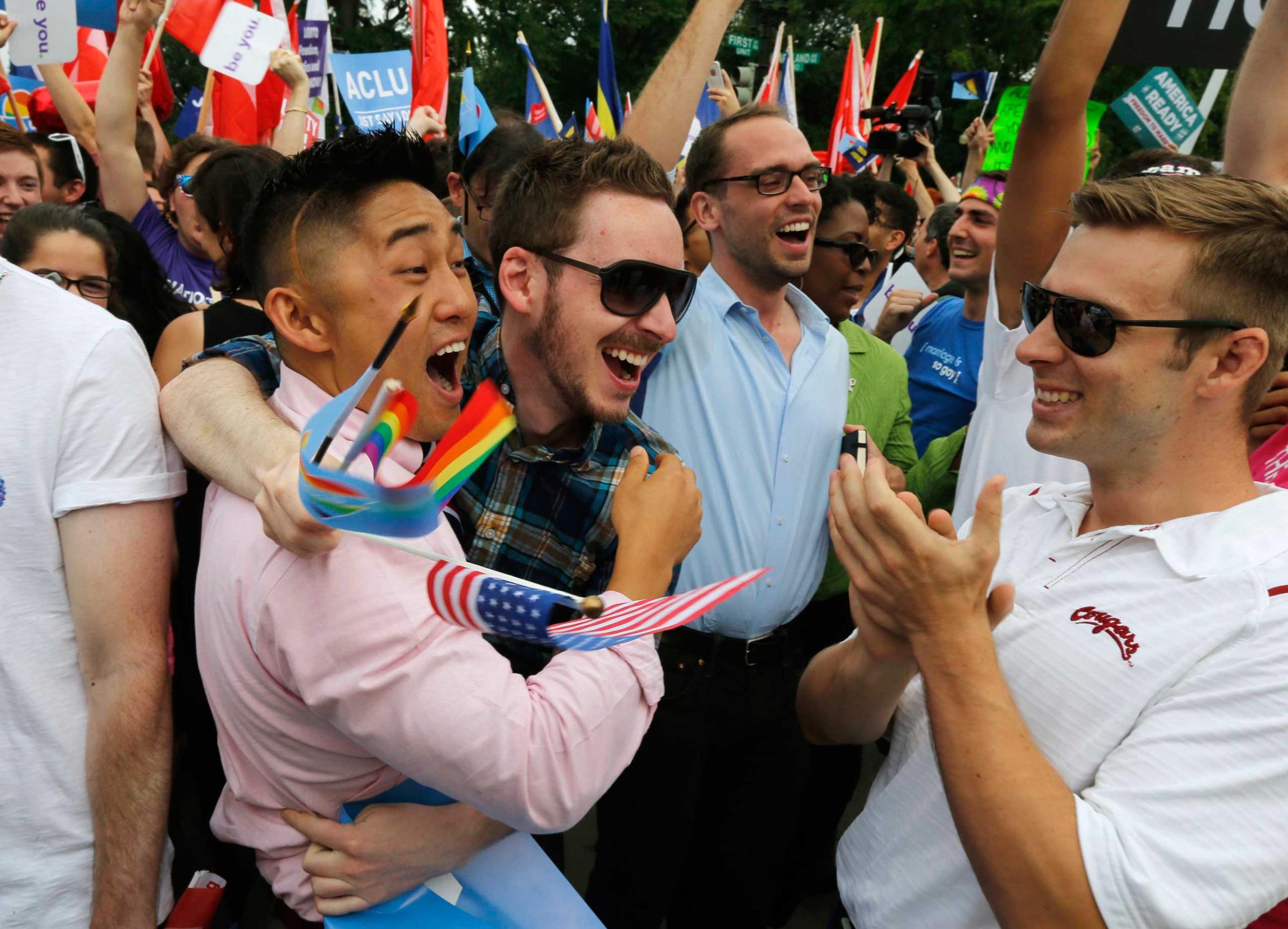
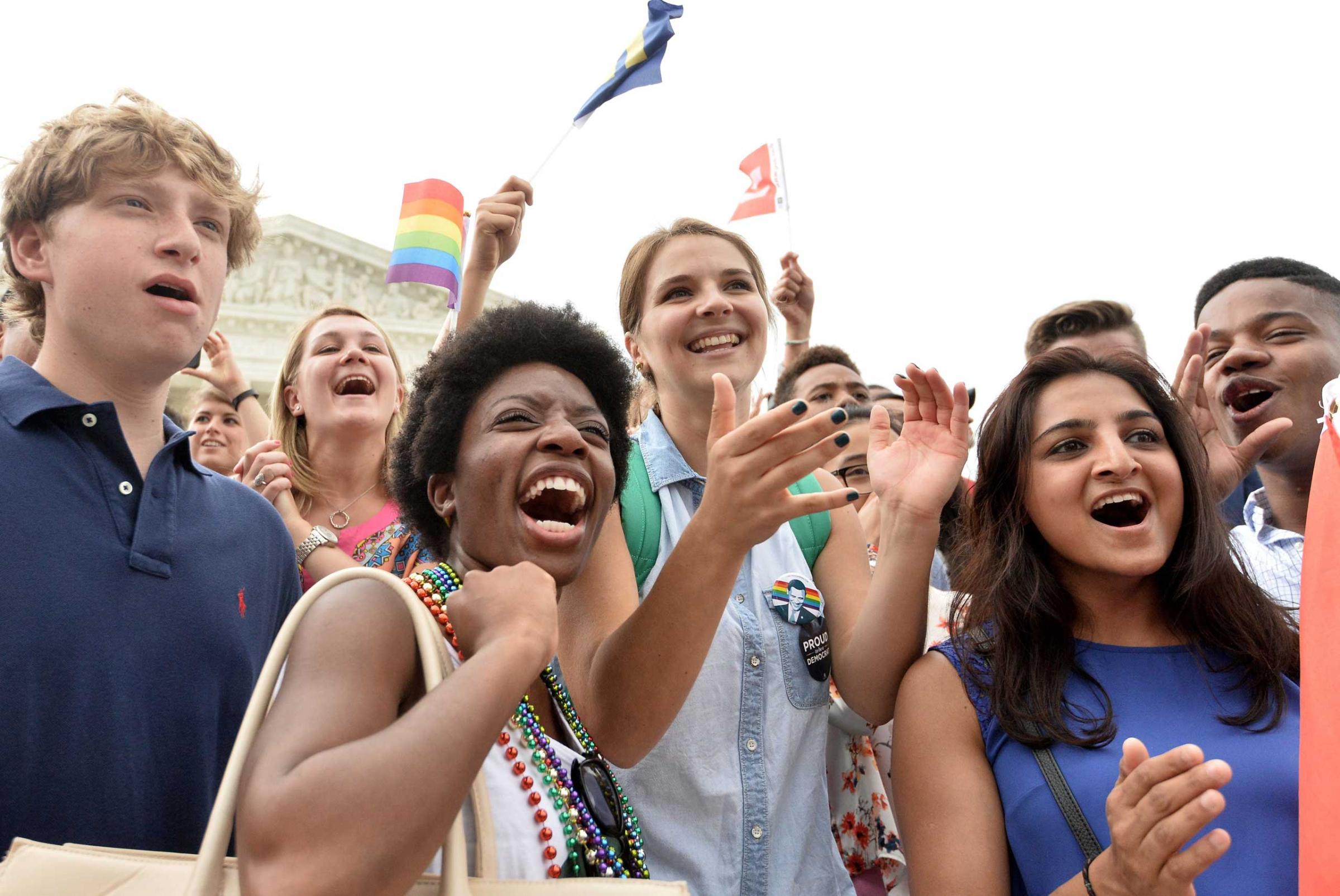
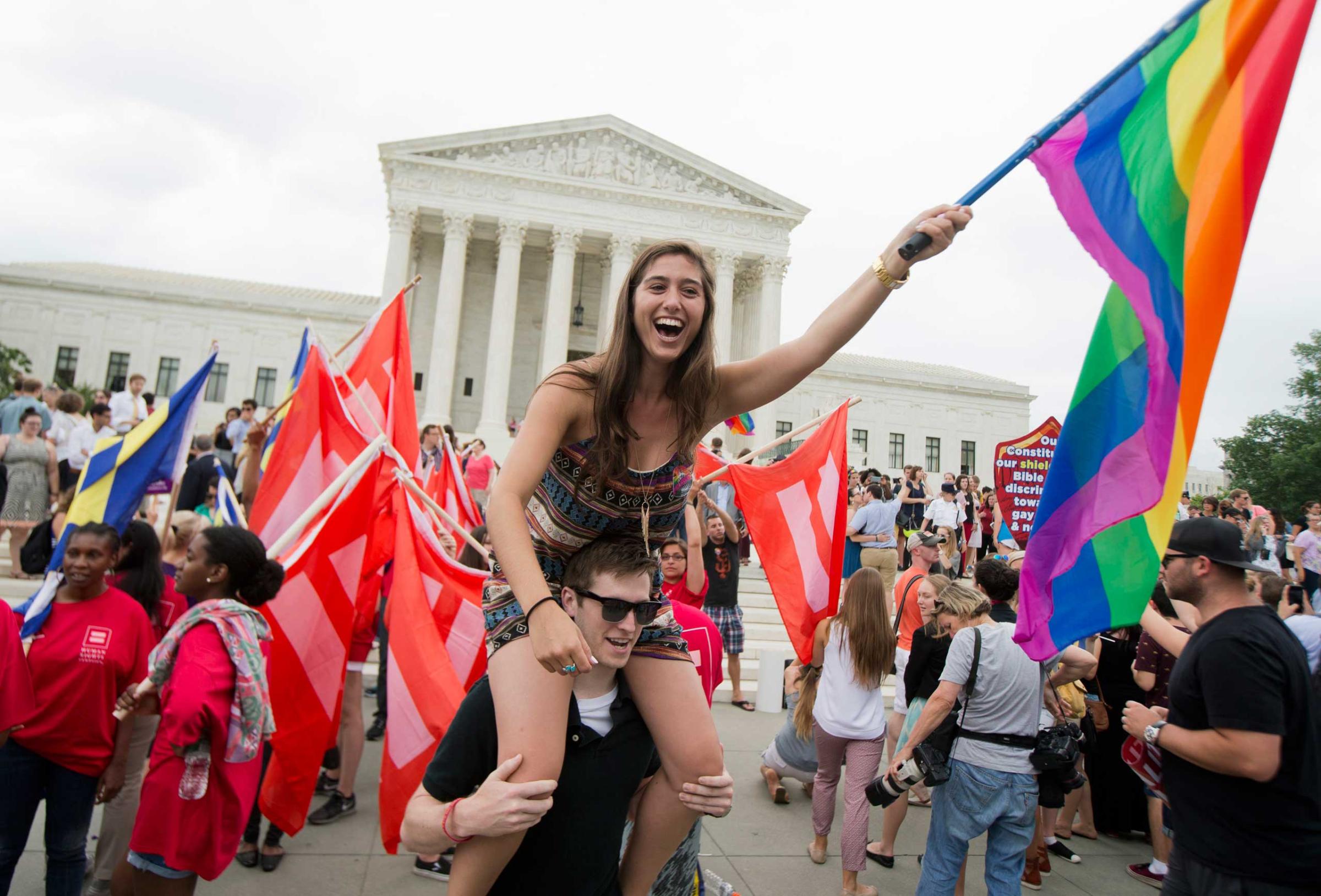
When politicians support Davis in defying the U.S. Supreme Court, they are making it clear why they should never be elected to any office, let alone the Presidency of the United States where they would take the oath to “support and defend the Constitution” since they are emphatically telling America that they wouldn’t support and defend it. They have announced that if you sincerely disagree with the Constitution, feel free to ignore it. And not just ignore it, make sure to use your position so that others are barred from following it.
I’m a proponent of peaceful civil disobedience in support of the Constitution. When the government isn’t doing what the Constitution promises—civil rights for all people, backing military veterans, helping the disenfranchised—then people should gather peacefully and let their voices be heard. Martin Luther King, Jr., Susan B. Anthony, Harvey Milk and many more who fought to bring the country in line with the spirit of inclusiveness expressed in our Constitution are such heroes because they battled to extend rights, not curtail them. However, Davis and her followers are not supporting the constitutional principles of the country, they are actually arguing against the most important ideals that are the foundation of the country: to not establish a state religion by letting government actions be determined by one religion.
It’s pointless to question Davis’ sincerity, because there’s no way to determine whether she’s a pious zealot or savvy businesswoman looking to cash in on her notoriety. We can’t always tell the difference between a true believer and an arrogant ideologue. We sometimes confuse the devout with the delirious, the spiritual with the stubborn. We love people who “stick to their guns.” The phrase itself refers to soldiers who keep firing no matter the odds or personal danger. Stories of self-sacrificing heroes dominate our storytelling. “Remember the Alamo!” “Are you not entertained!” “They may take our lives, but they’ll never take our freedom!” If you can identify all these cinema exclamations, then you are familiar with pop culture’s canon of martyrdom. (If you’re not: The Alamo, Gladiator, Braveheart.) But sticking to your guns for an ignoble cause makes you a fool, a criminal and a traitor to the principles of the Constitution. The gathering of Davis’ supporters and their anti-American signs are no different from the “Death to America” rallies we see in some foreign countries.
If Davis really was defending her soul against doing something immoral, then she shouldn’t have taken a government job that required her to issue marriage licenses to people she doesn’t approve of. Though she tries to fashion herself as a modern-day civil rights leader (her attorney has compared her to Dr. King), she’s no Rosa Parks. Instead, she’s the bus driver maintaining the status quo of injustice while forcing all the passengers to go where she takes them, not where they want to go. This country offers many options to those who are not satisfied with our laws. She could petition her legislators, she could become an activist, she could organize protests. She could even quit her job rather than compromise her spiritual principles. Quitting would have been more in keeping with martyrdom because by definition it requires sacrifice with no hope for personal reward. But there’s no celebrity in that.
We use religious moral principles to guide us, and reason to create the law that reflects those principles. Realizing that they may have been somewhat blinded by being the products of their times, the Founding Fathers made sure we could change the laws, as long as we stayed within the spirit of the Constitution. Once the U.S. Supreme Court decides whether or not a law is constitutional, then that’s the law of the land until the Constitution is amended. If the majority of the people want it amended then it will be. That’s the democracy we’re always celebrating on the Fourth of July and bragging about to other countries. However, if we get to break any law we don’t personally believe in, we will have destroyed the country. It’s shocking to me that anyone supports government officials overriding the Constitution to impose their personal beliefs on the people. It’s especially shocking when those who want to be president advocate it.
Read about changes to Time.com
Silent No More: Early Days in the Fight for Gay Rights
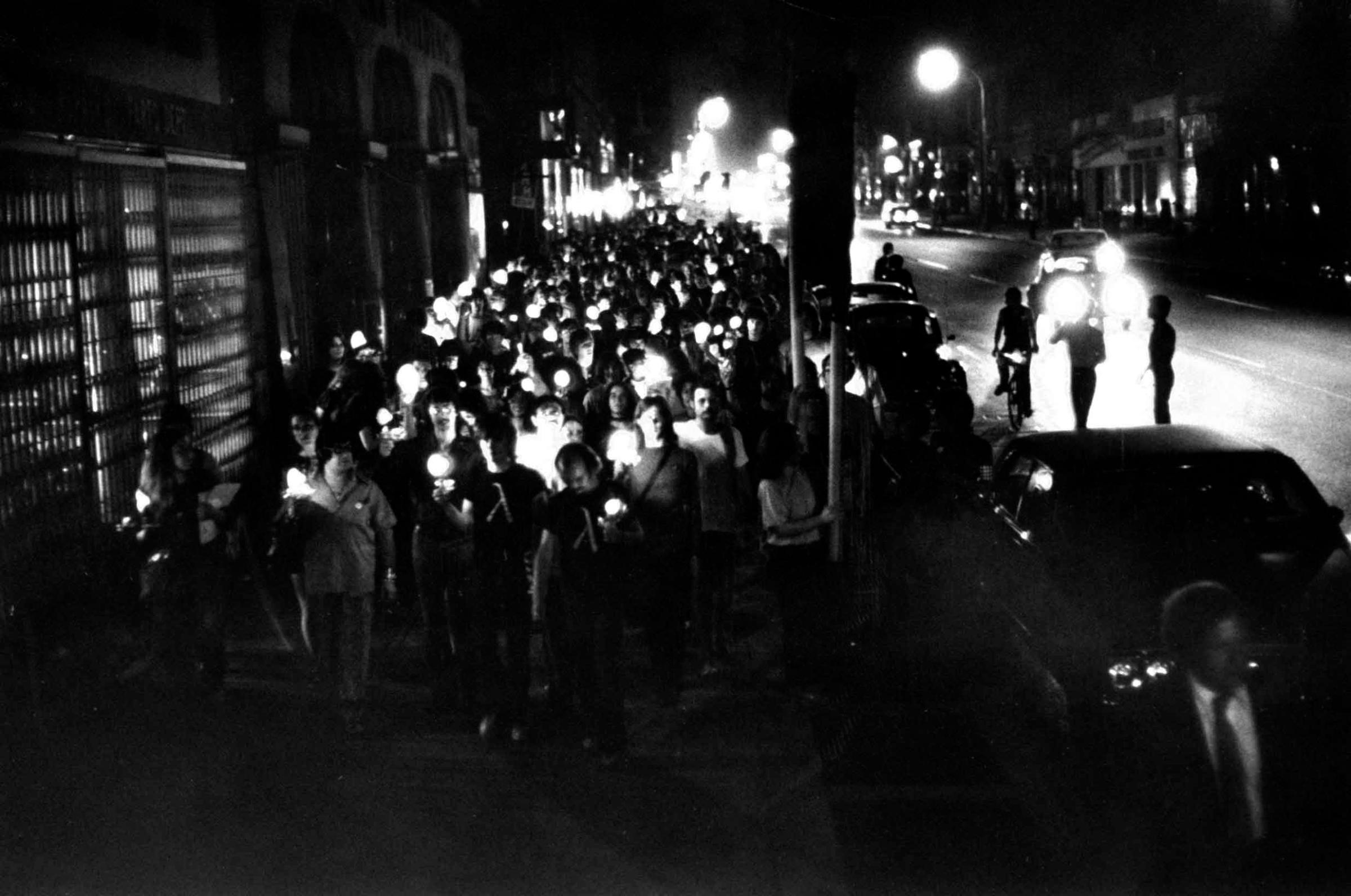
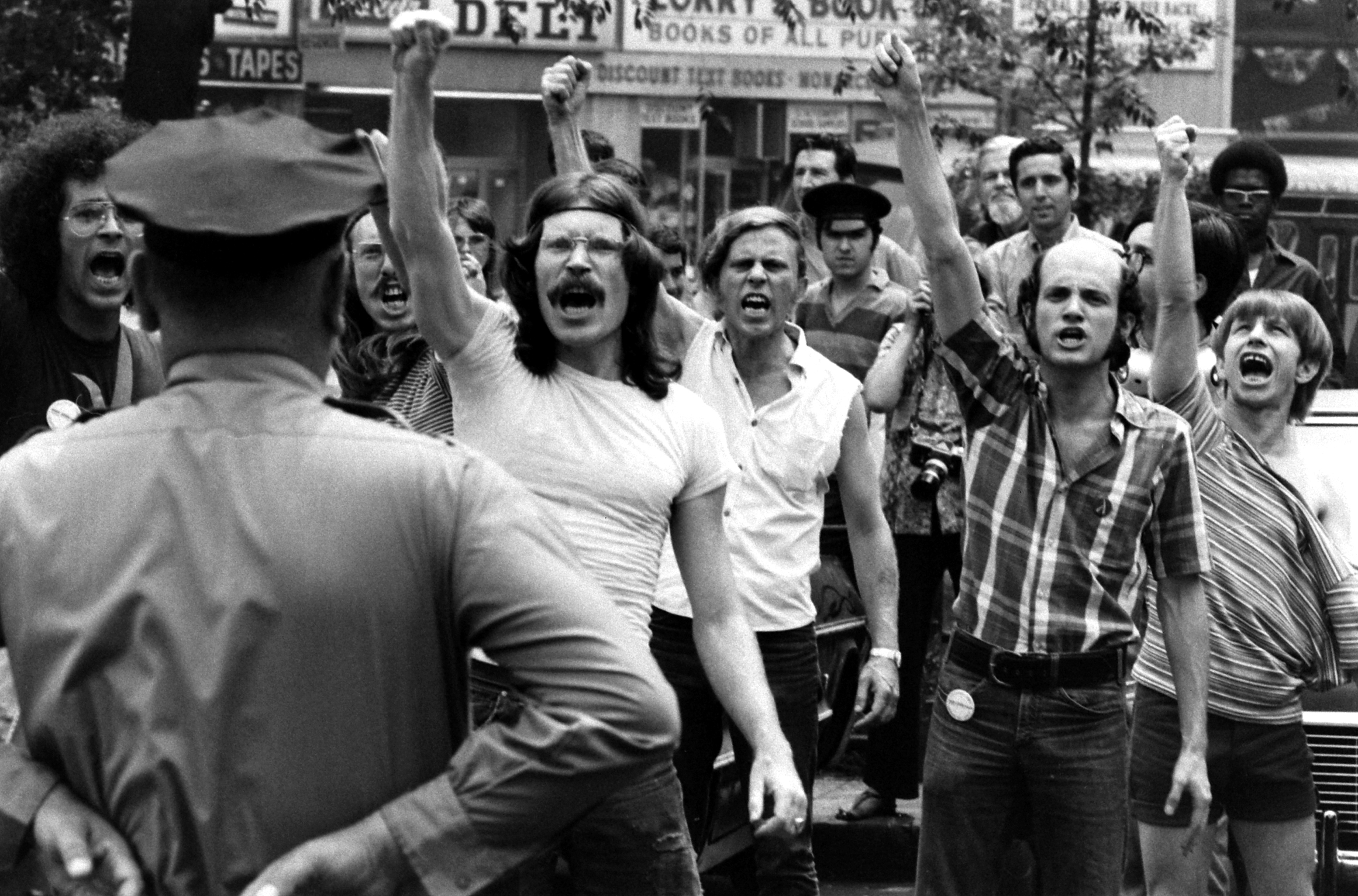
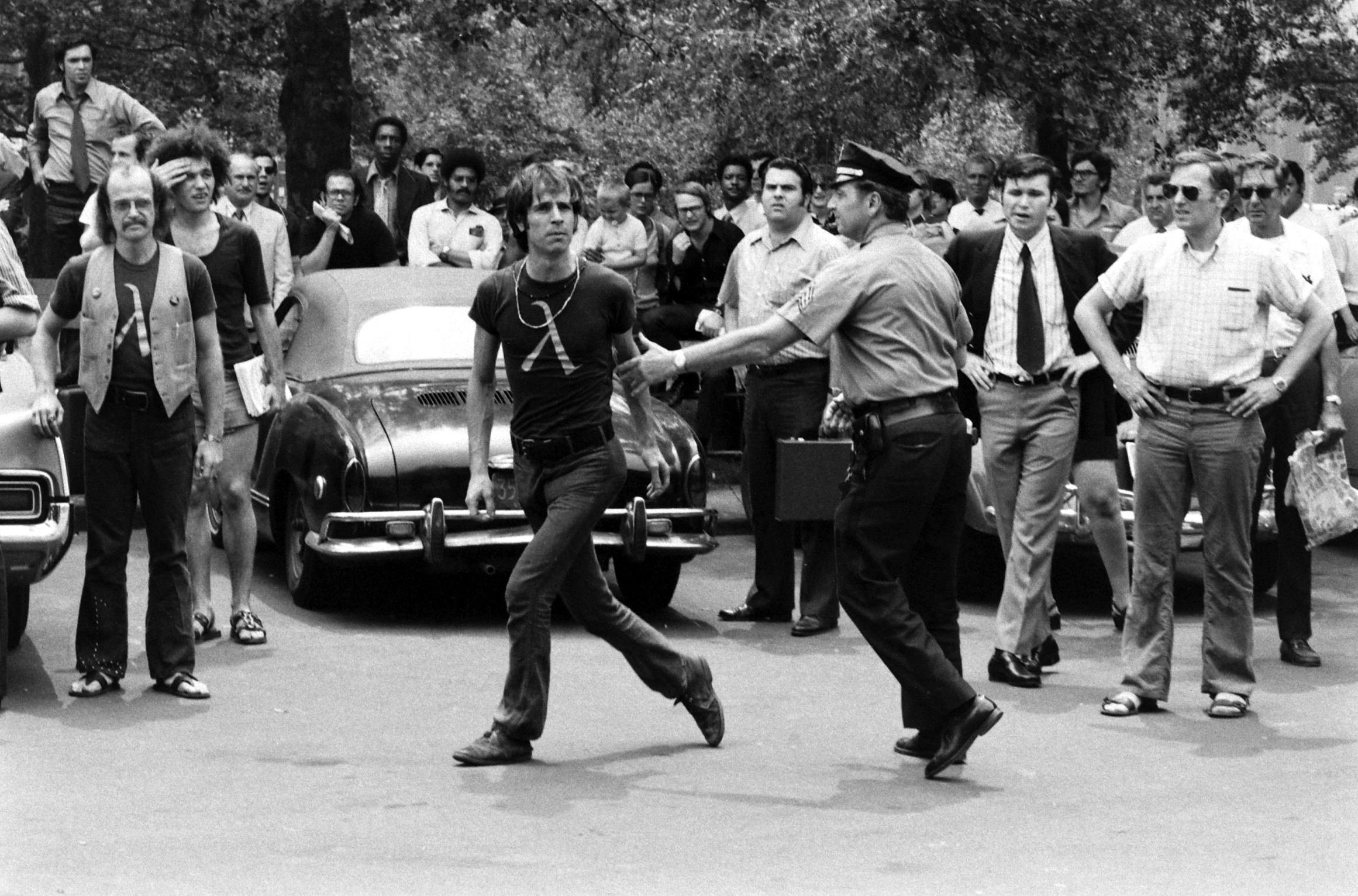
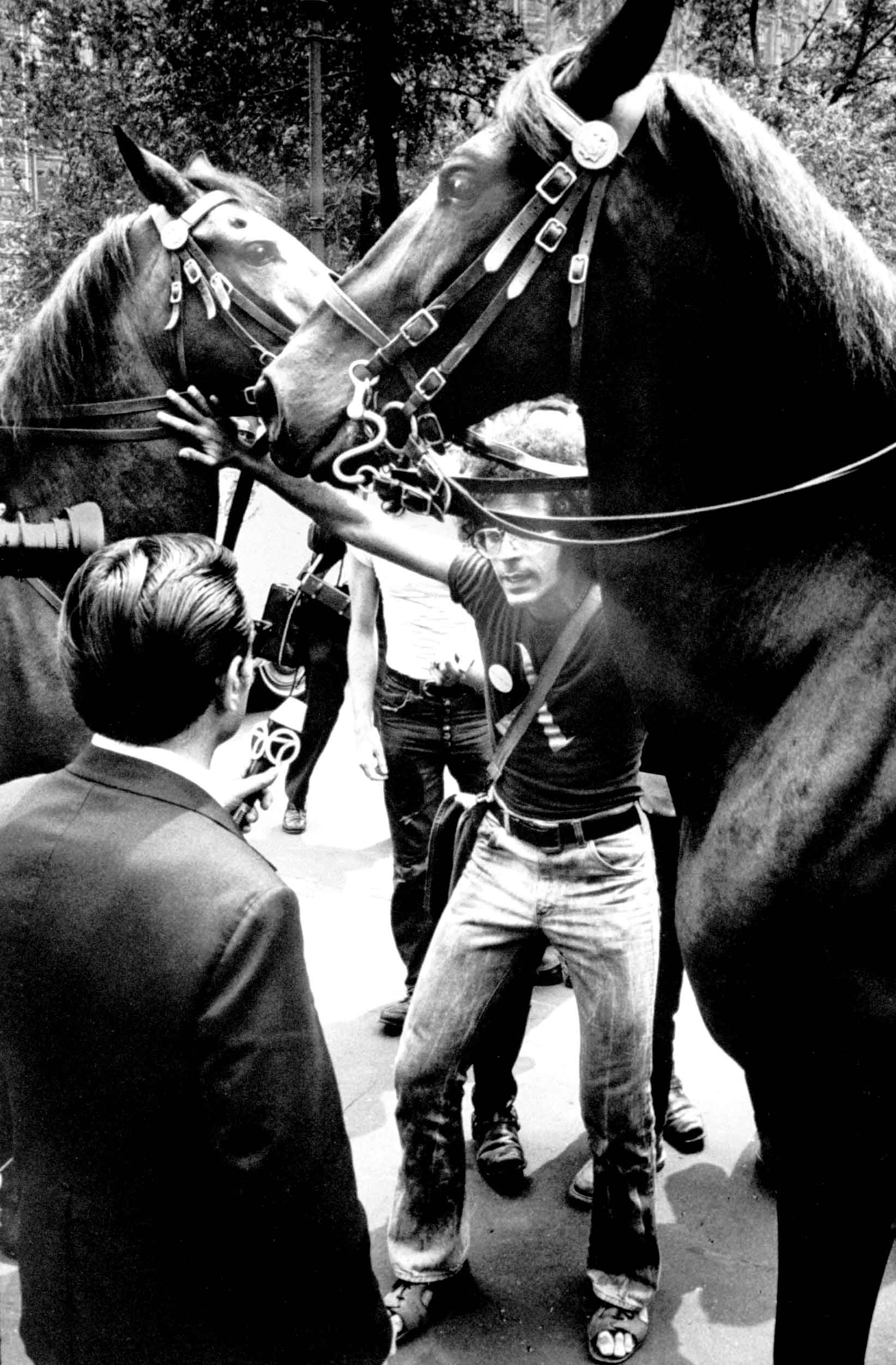
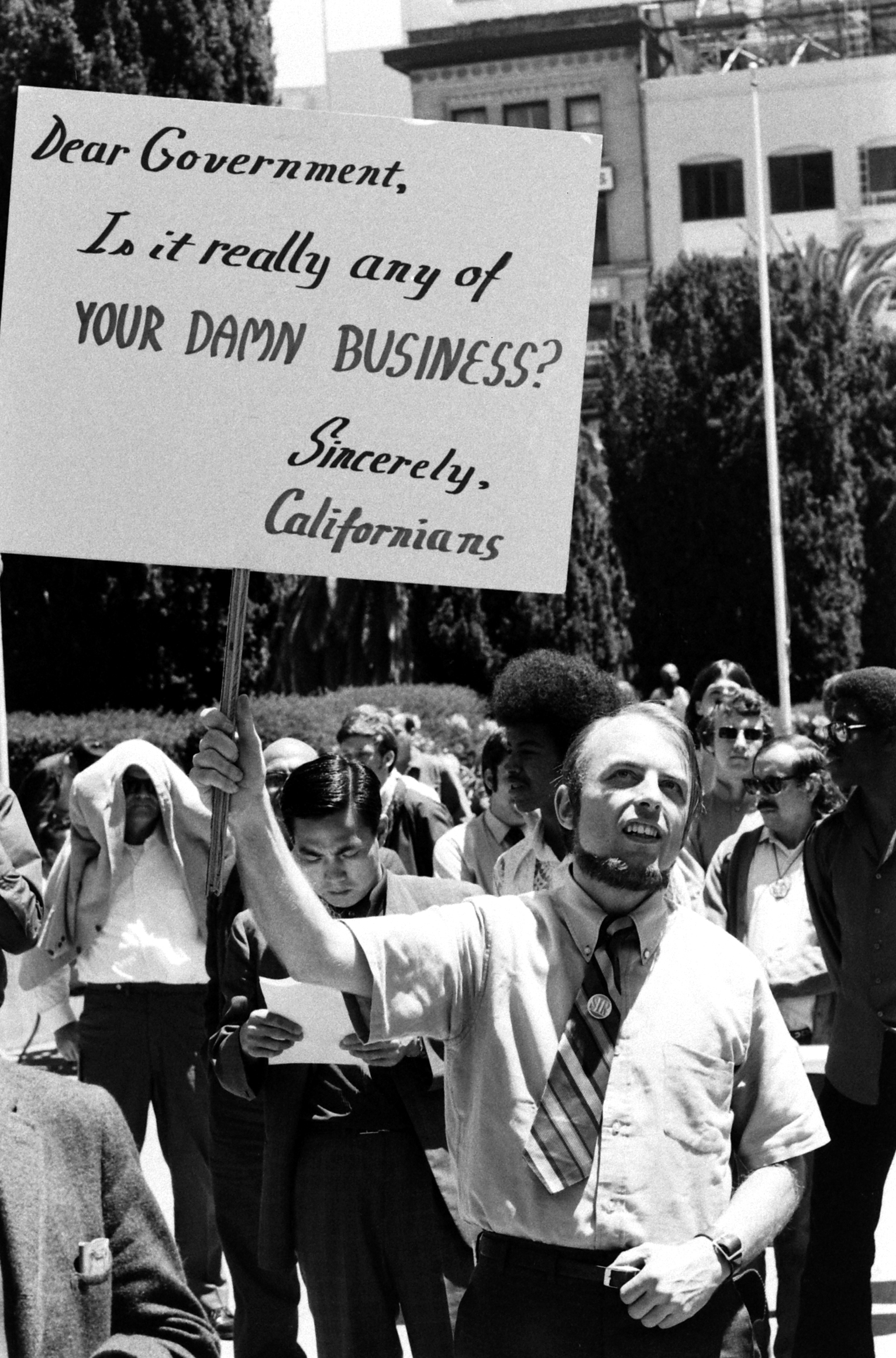
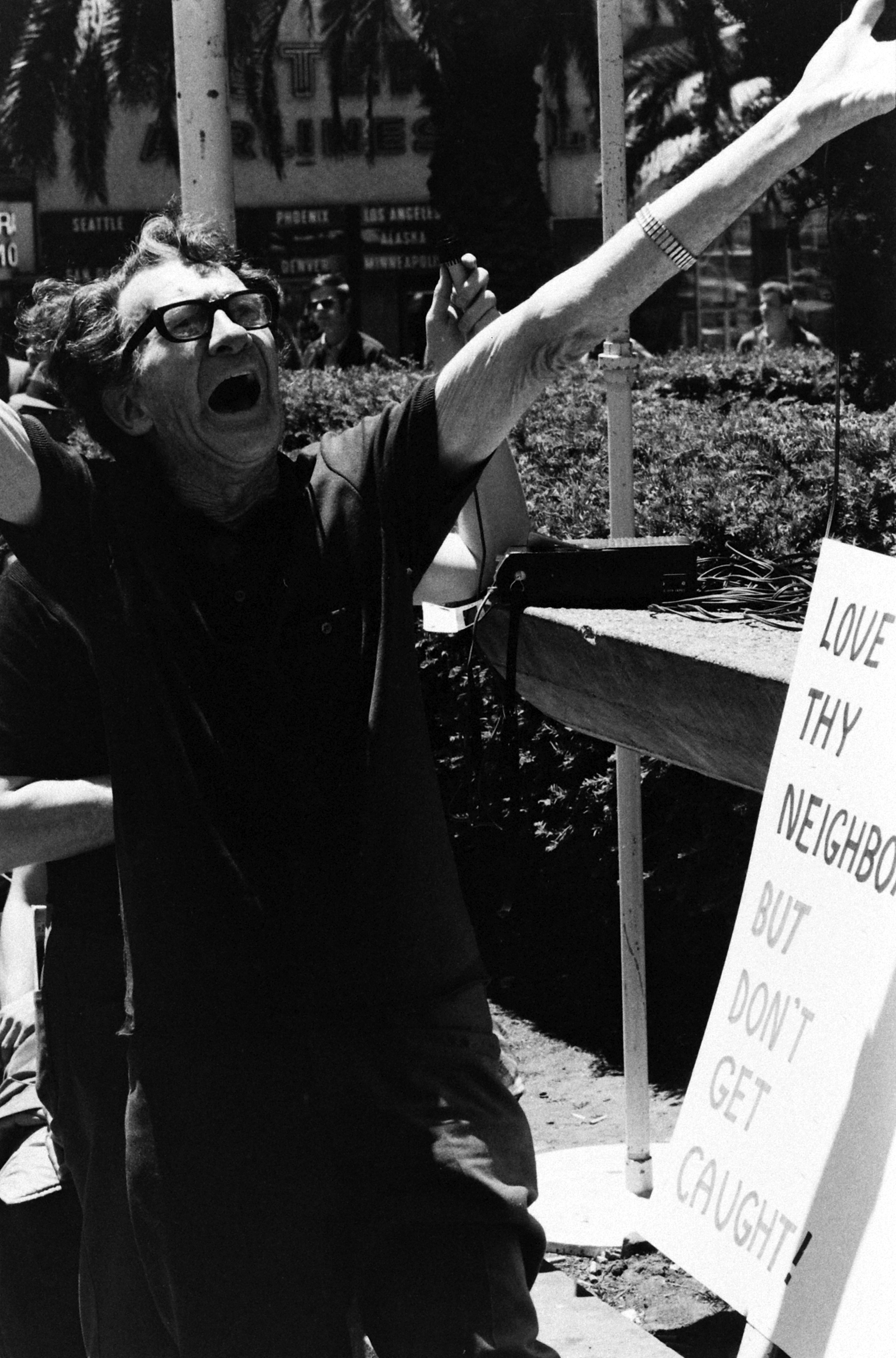
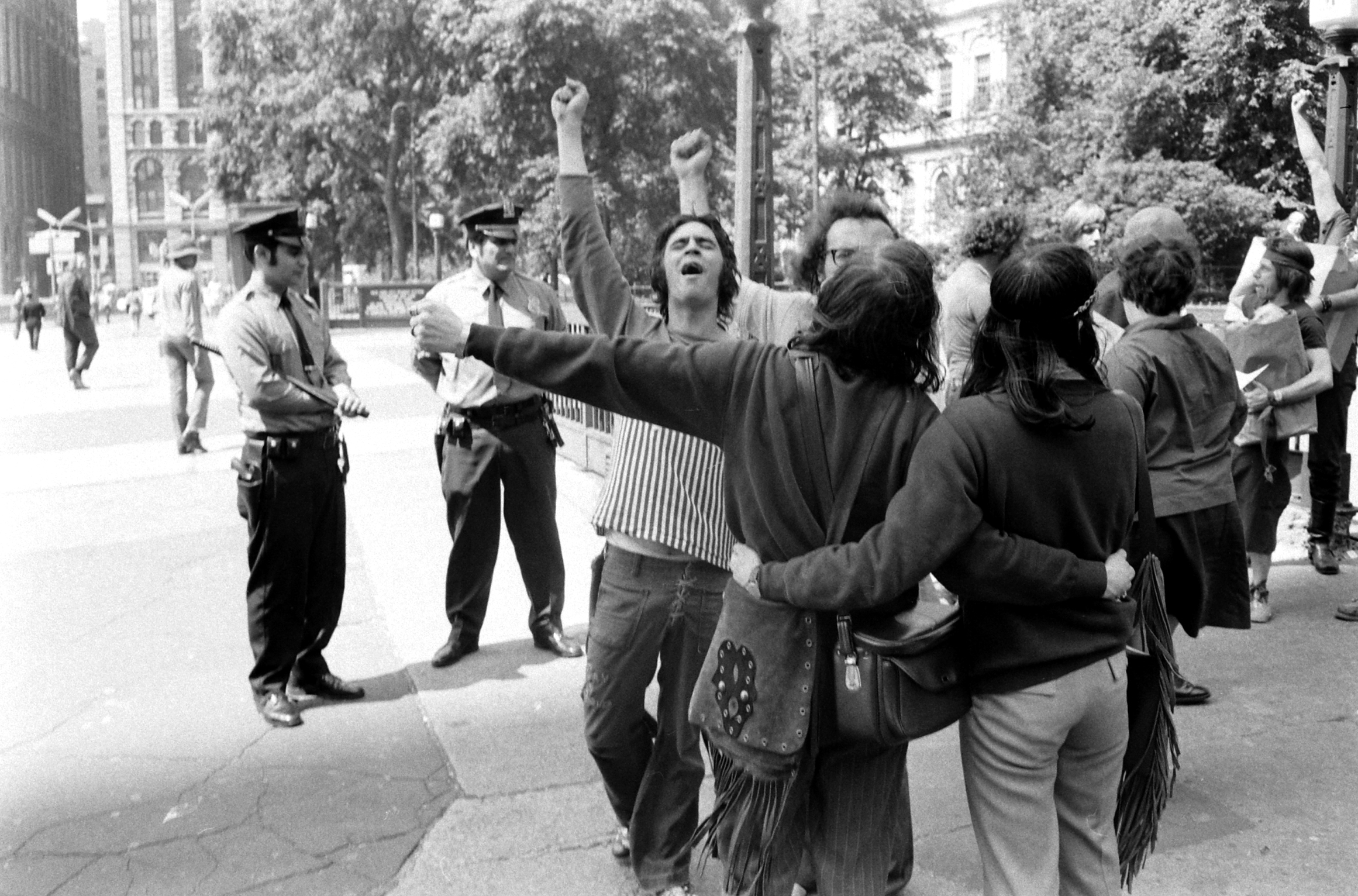
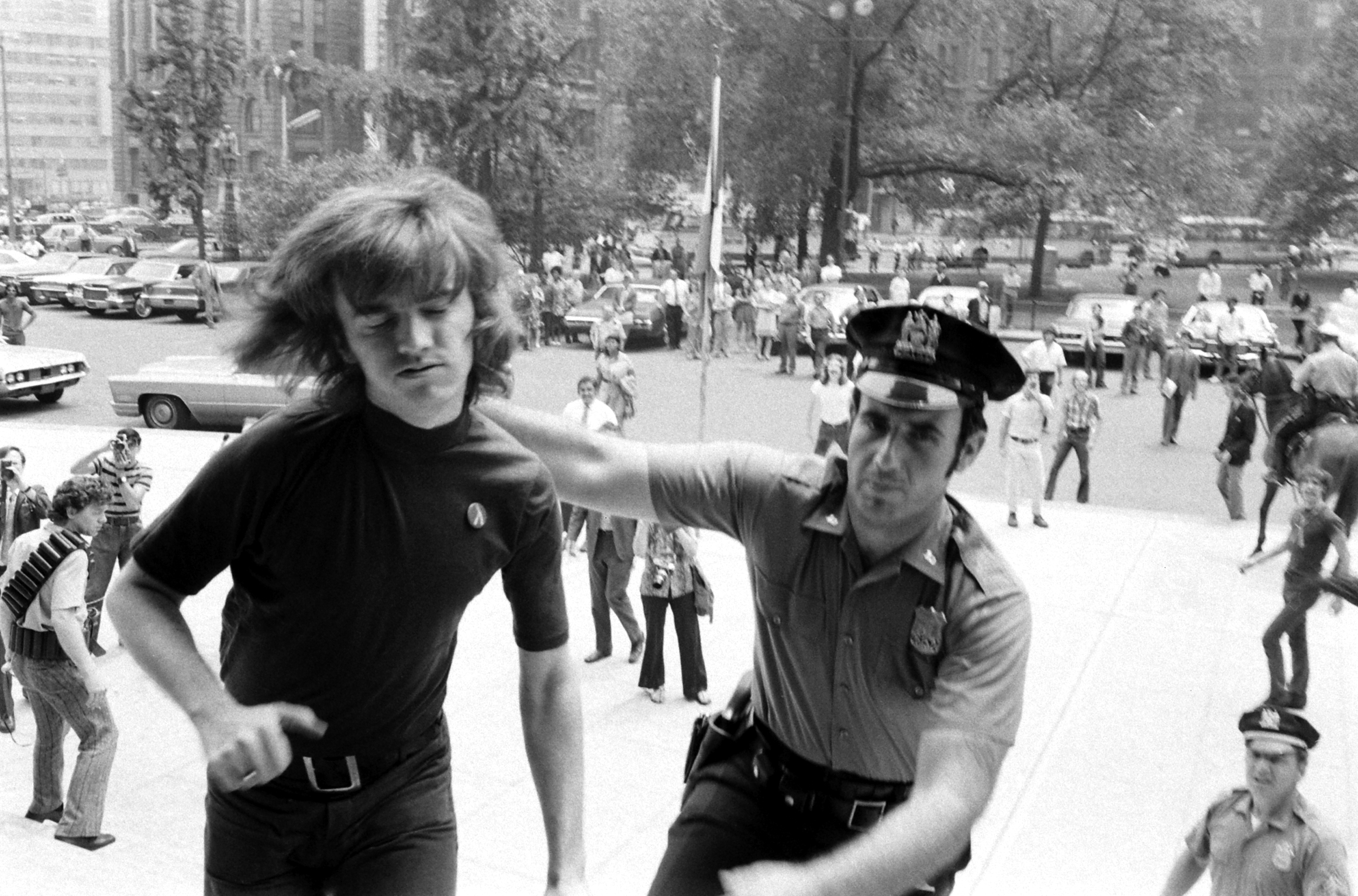
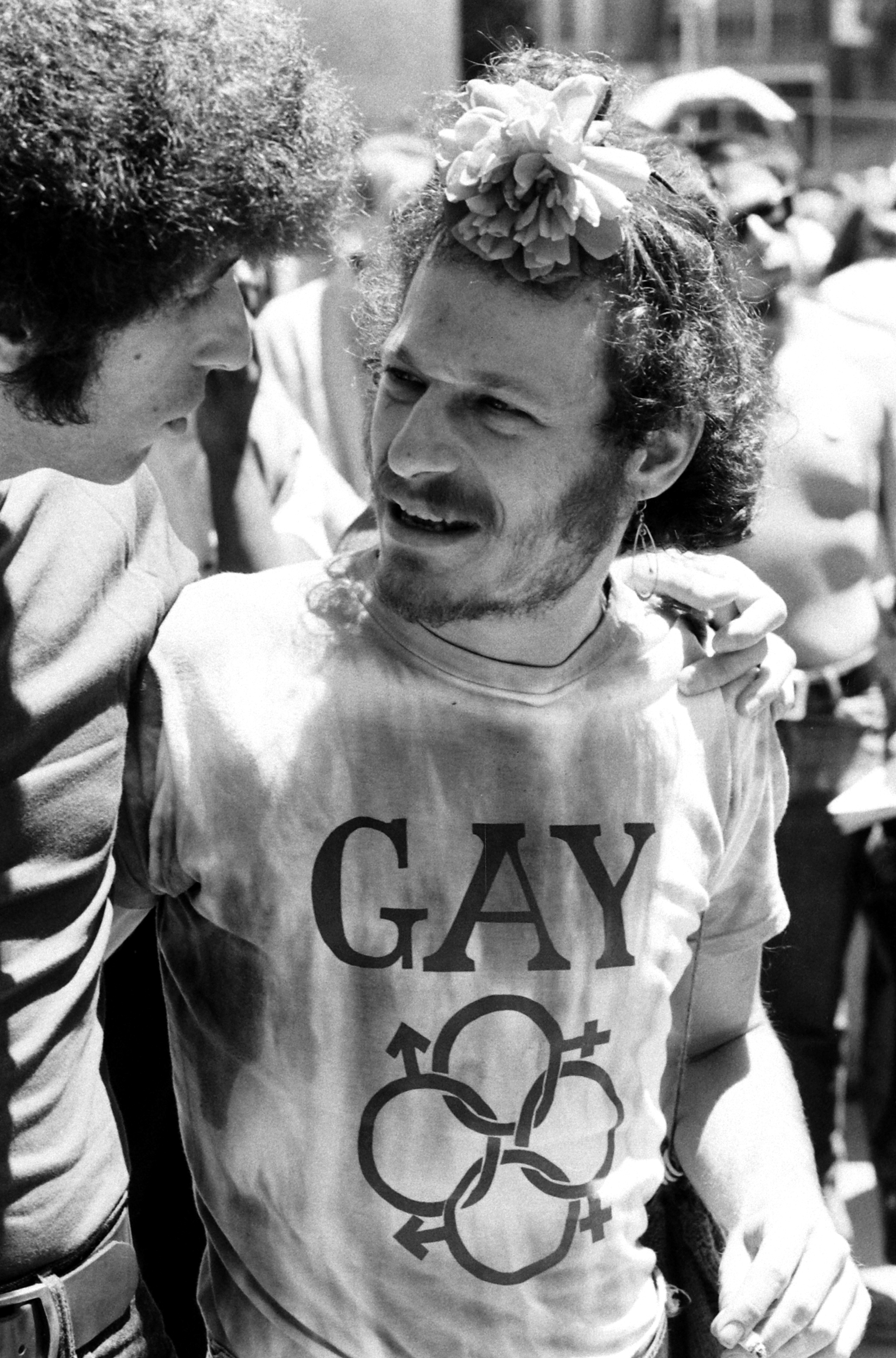
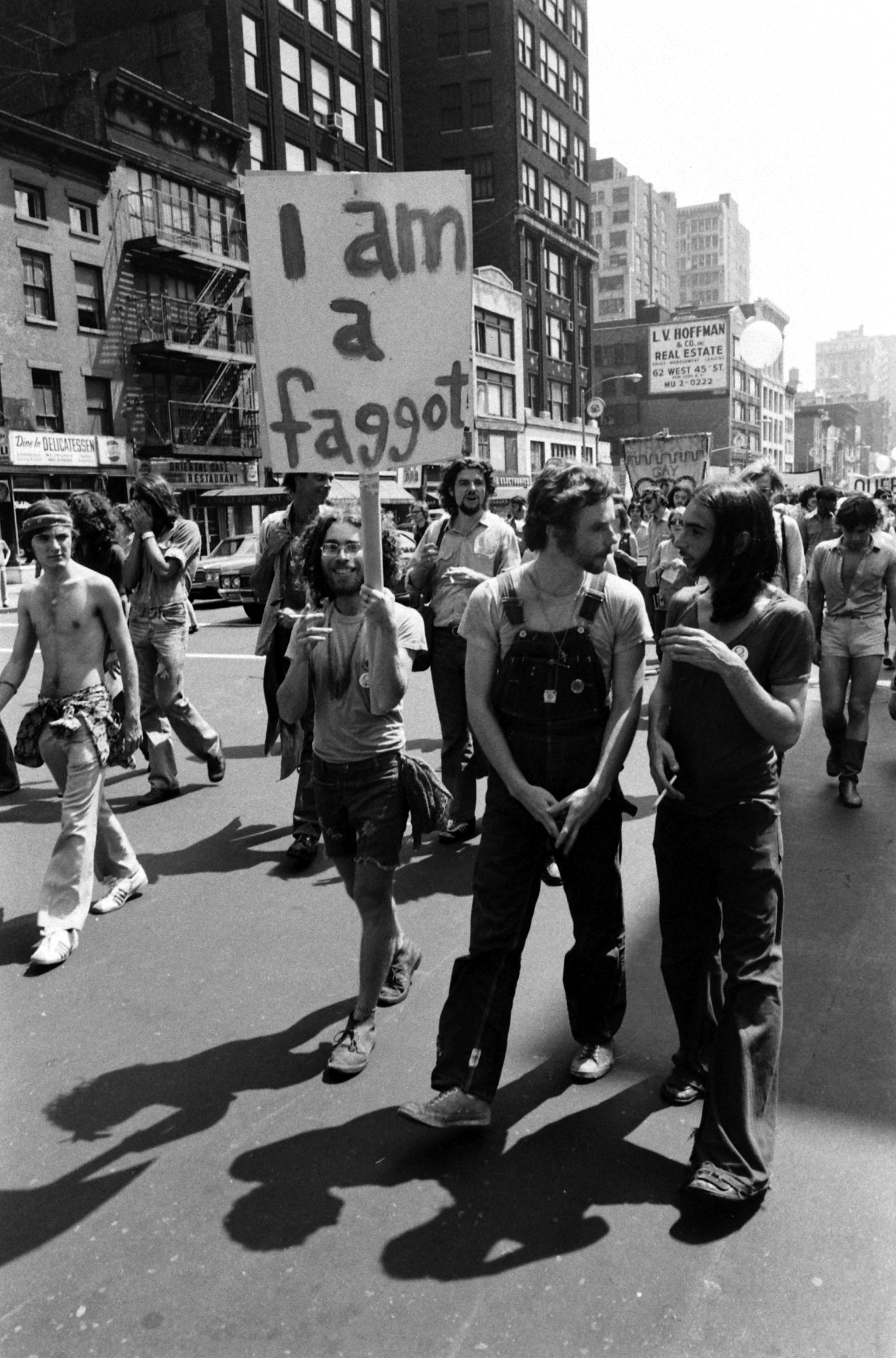
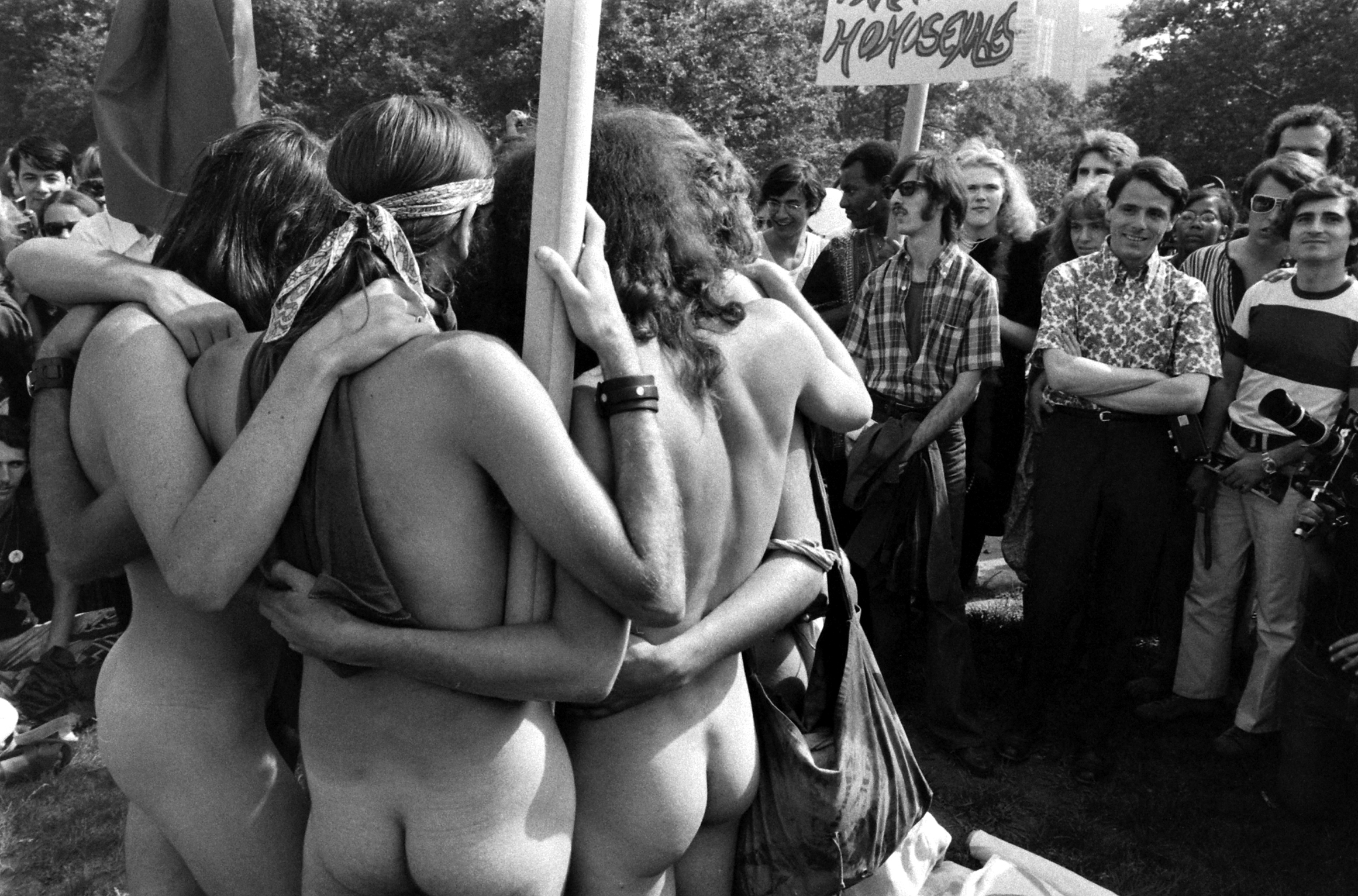
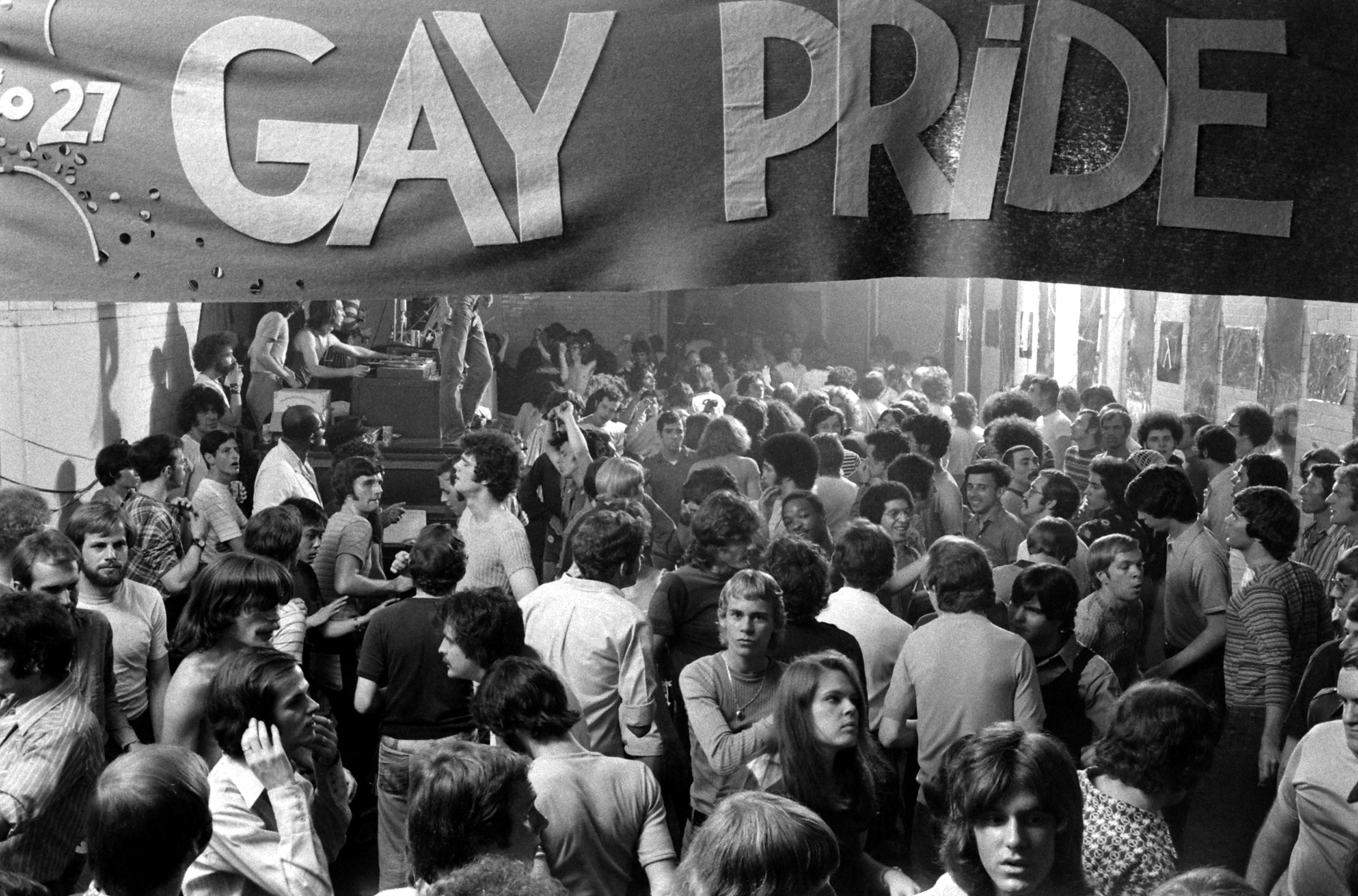
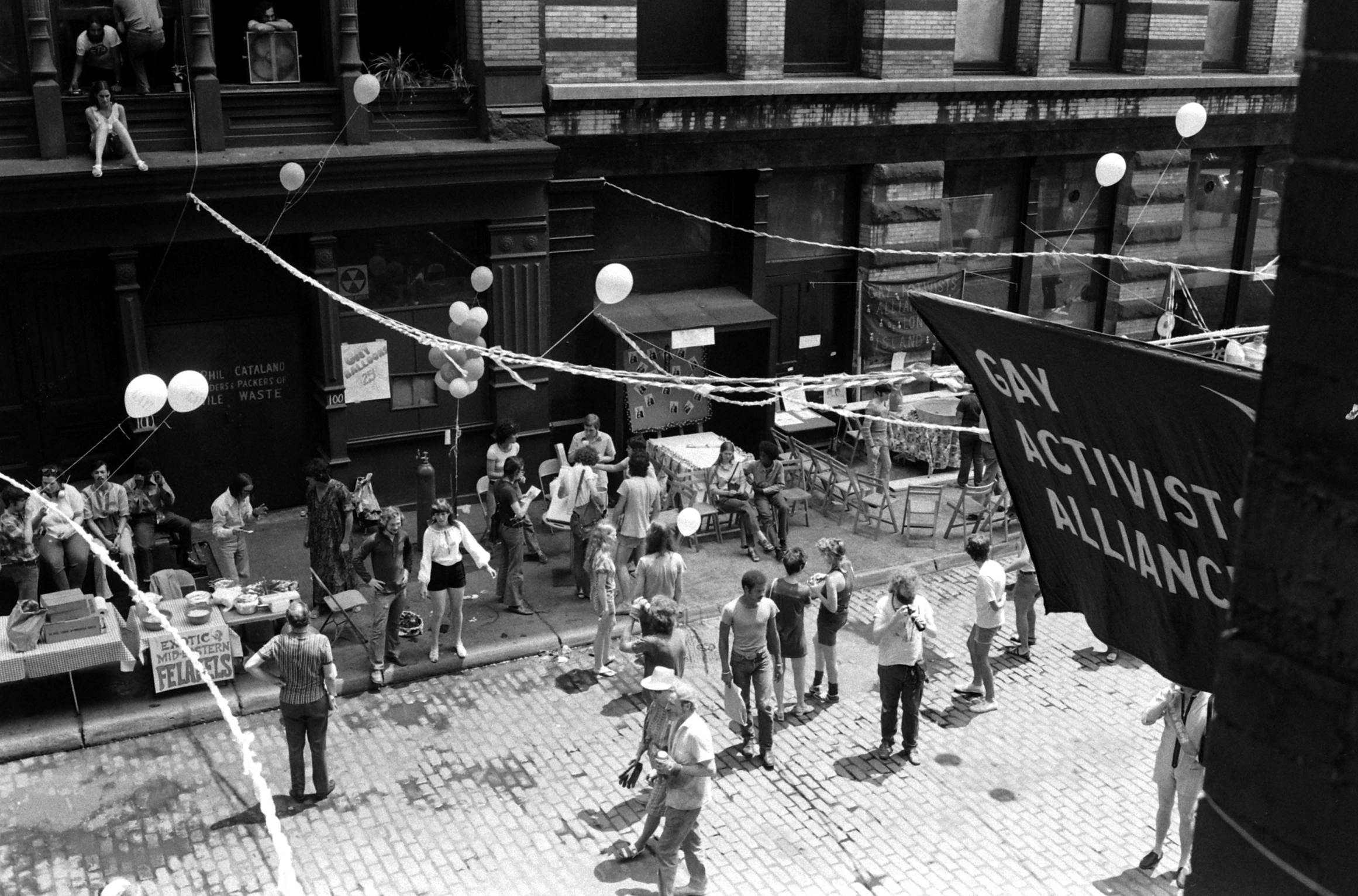
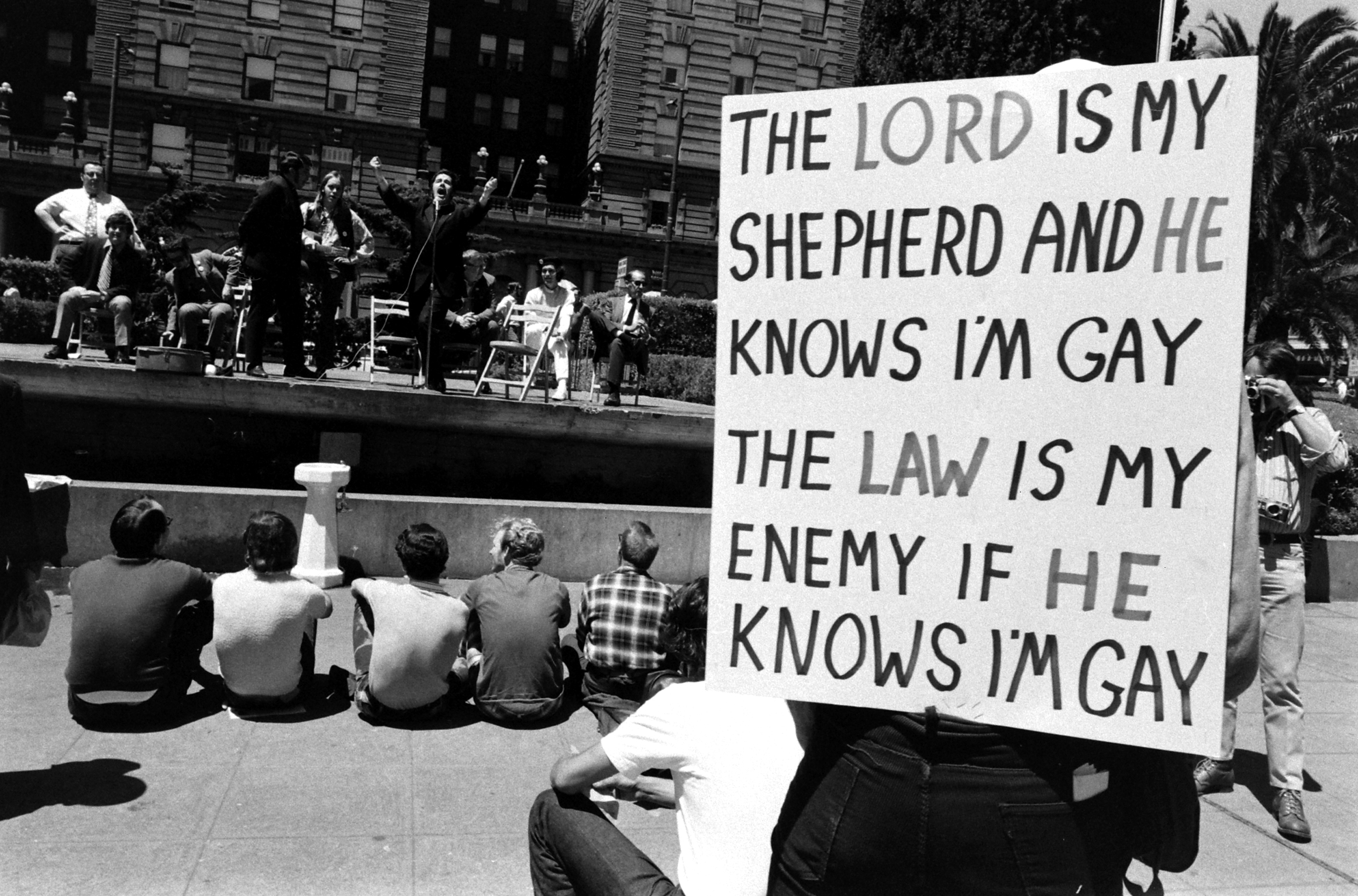
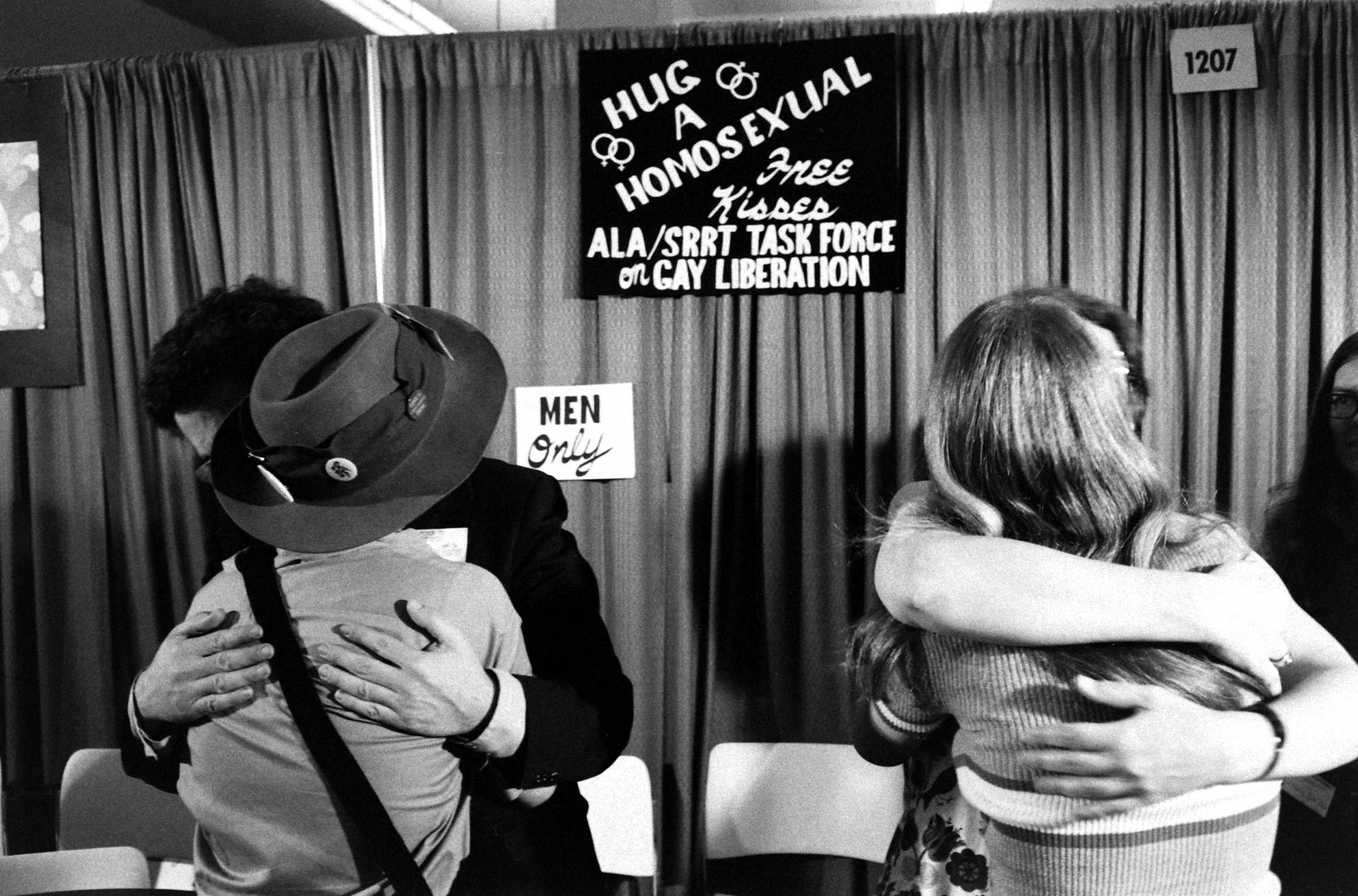
More Must-Reads from TIME
- Why Trump’s Message Worked on Latino Men
- What Trump’s Win Could Mean for Housing
- The 100 Must-Read Books of 2024
- Sleep Doctors Share the 1 Tip That’s Changed Their Lives
- Column: Let’s Bring Back Romance
- What It’s Like to Have Long COVID As a Kid
- FX’s Say Nothing Is the Must-Watch Political Thriller of 2024
- Merle Bombardieri Is Helping People Make the Baby Decision
Contact us at letters@time.com